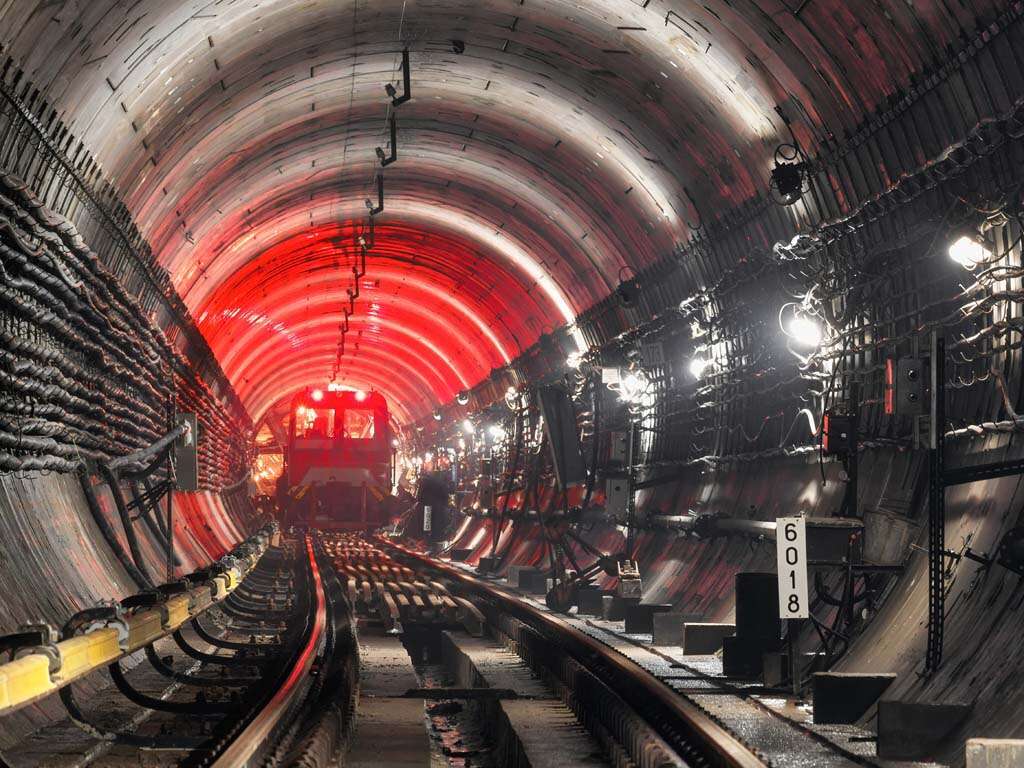The Metro Law fell in the Knesset, whether for political or other reasons.
The law has many failures and significant dangers, so even the most ardent supporters of the Tel Aviv metropolitan area should oppose the law in its current form.
We must understand the difference between law and reality: laws do not create reality out of nothing - a world peace law does not lead to world peace, a law to eradicate poverty does not eradicate poverty, and the metro law does not mine tunnels and does not order trains from the factory.
The Metro Act has failed to properly plan and schedule funding, it does not properly address the alternatives and cumulative costs.
First, the law refers to a magic number: NIS 150 billion.
It sets the number as an "expenditure ceiling", and it is clear to everyone that this is not the maximum amount or the minimum amount.
Every Middle Eastern carpet dealer knows that when you come to him with a budget, it's a starting point, not an end point.
No carpet dealer will sell a rug for NIS 400 to those who budget NIS 500, and infrastructure contractors know this well.
A pre-commitment to a high budget with the help of a law is an invitation to make high bids.
Instead of bidding on budgets, we get a line alignment.
One has to understand the grandiosity of this project: it is a budget that is equivalent to a third of the state’s annual budget, an order of magnitude of education and security combined.
Alternatively, that number is more than 10 percent of the state's GDP - an inconceivable number that deserves more criticism and control.
Education and defense budgets are in the public discourse every day.
There is great danger in transferring budget with a wave of the hand to a metro that has not yet been established.
Second, the funding clause detailing the sources of funding for the metro: here, too, the government has been negligent and has set up funding sources that do not stand the test of reality.
Half of the establishment budget comes from the state budget: NIS 75 billion - an expense that will require a massive tax increase, which will harm the public, growth and various businesses.
The taxes will have to start charging long before the first train at all travels.
The government plans to raise the rest of the funding for the train from other sources: increasing the praise tax - something that will increase the price of the apartments;
Sale of land and rights - which creates a real deficit, because the sale of land is part of the state's current income;
And taxation of local authorities, which would harm the services provided to citizens.
All of these means of financing, apart from being economically inefficient, are unlikely to amount to the required 75 billion shekels, which is easy compared to the real demands, which can reach as much as 300 billion shekels.
The issue of financing has much better and cheaper solutions.
Peripheral residents do not have to fund a subway for high deciles in the center.
It is important to make a balance between financing the train and those who benefit from it.
Nowhere in the Railway Law and in the discussions that preceded the law were the users mentioned, and it is a pity that the subway can be financed by those who use it and enjoy it.
The state must seize the opportunity created by the fall of the law, and plan metro funding in a way that reflects the benefit to the public, while preserving the coffers and the public interest.
Were we wrong?
Fixed!
If you found an error in the article, we would love for you to share it with us

